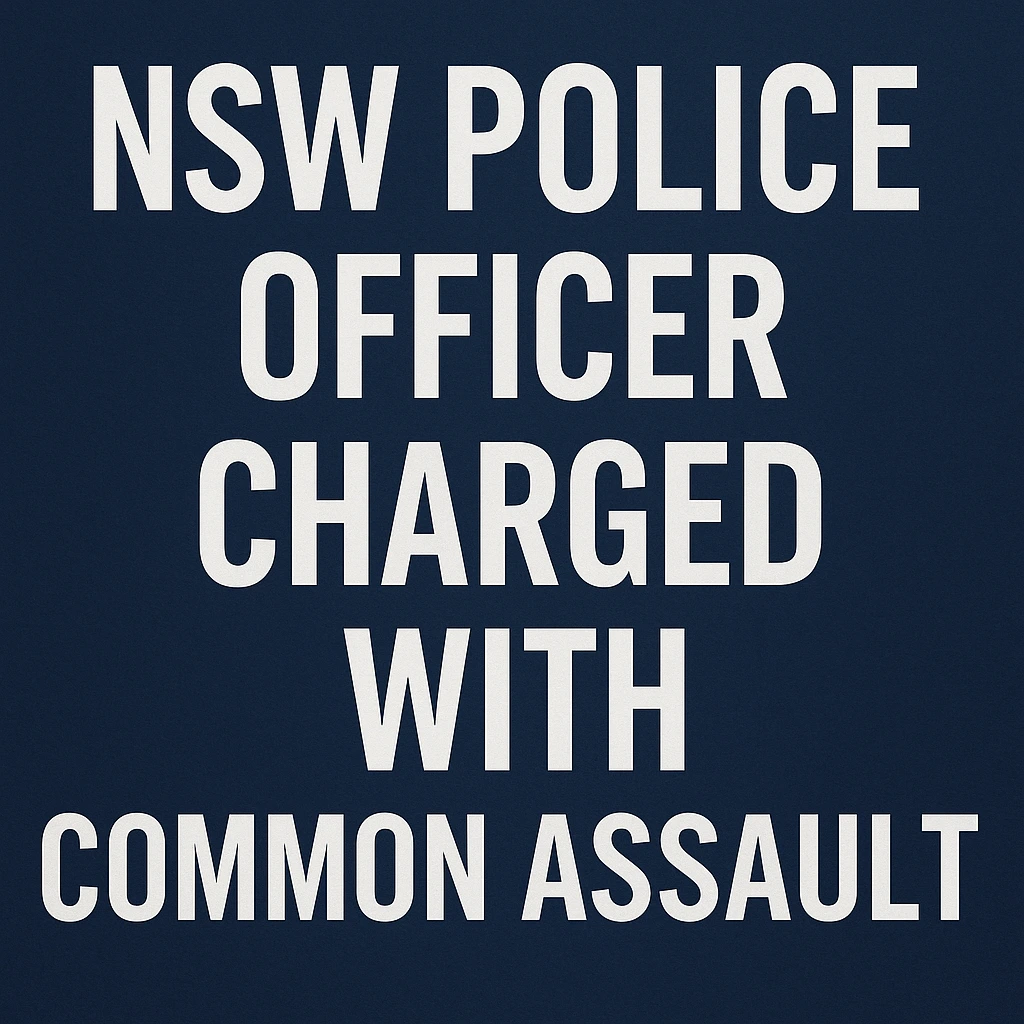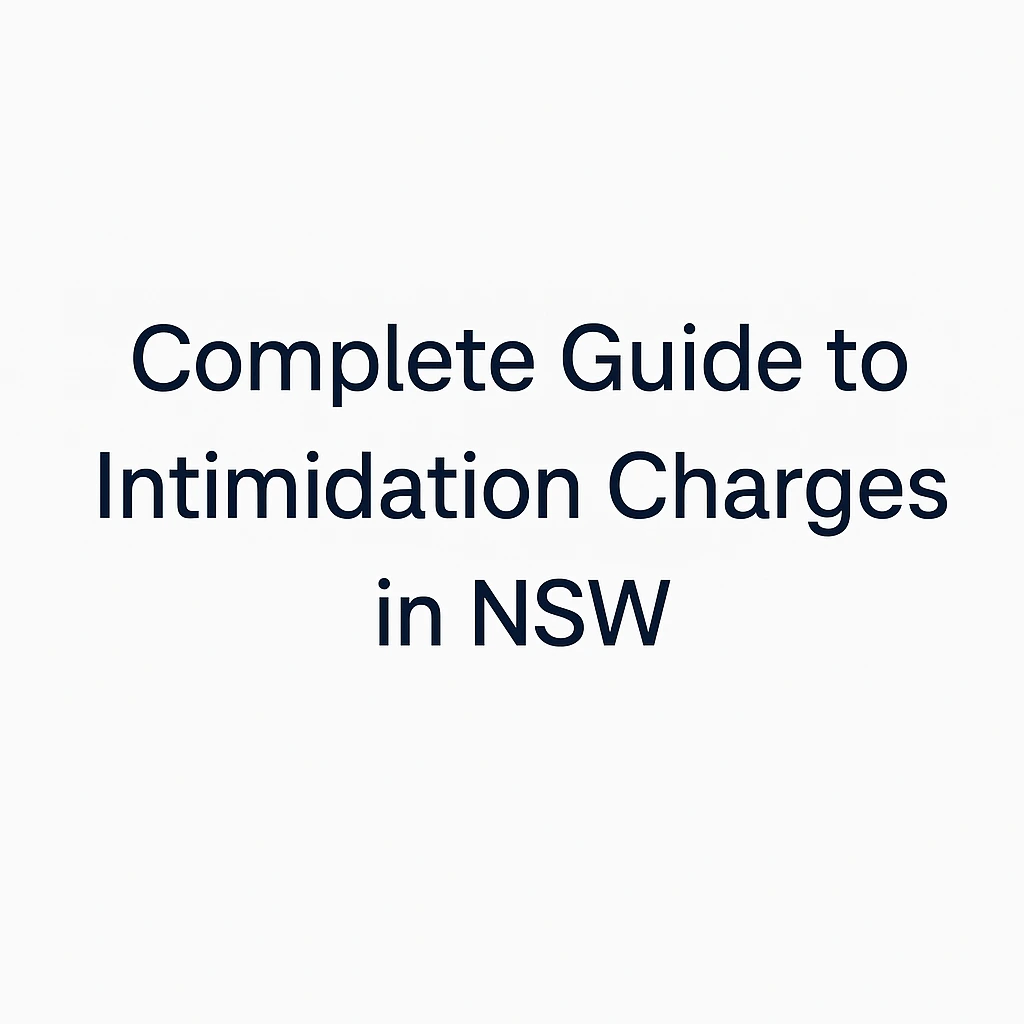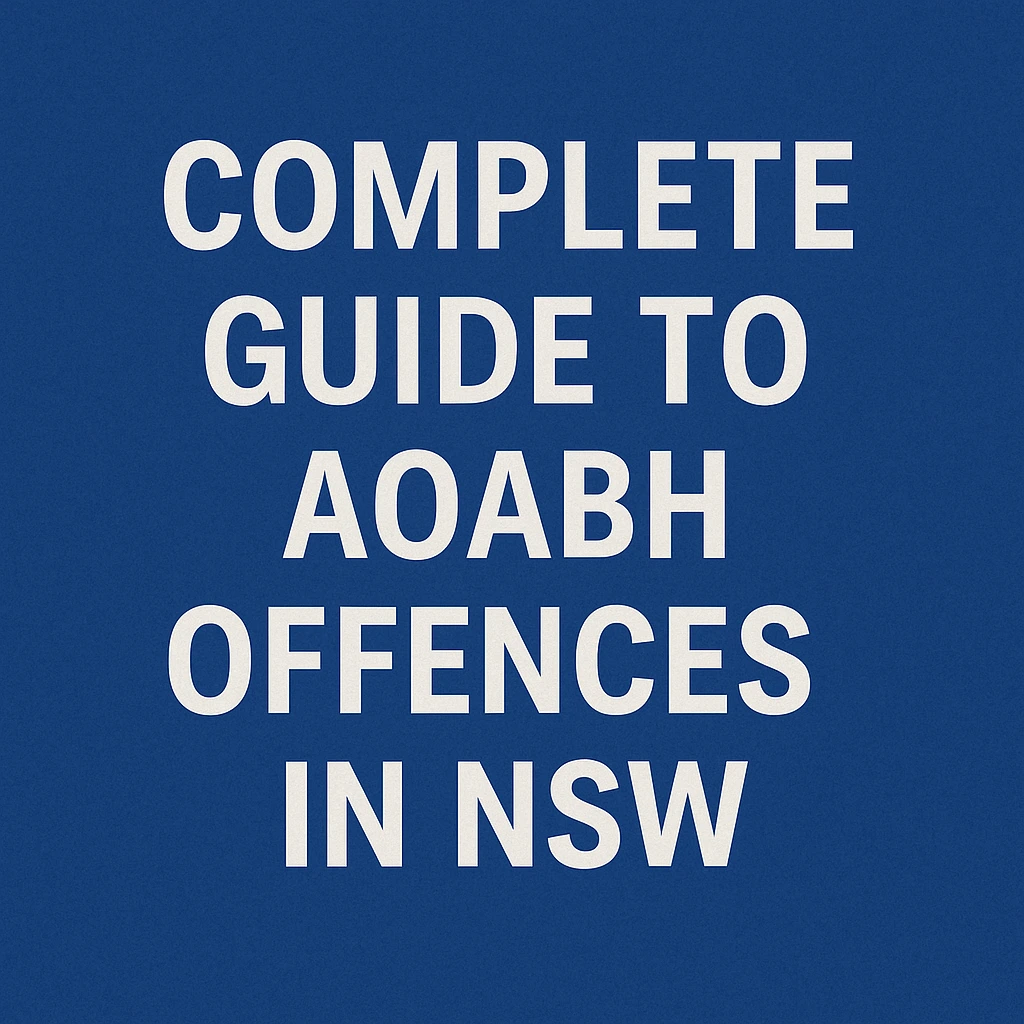Case Overview: High Range PCA Charge for Off-Duty Officer
According to NSW Police Publications, an off-duty 24-year-old New South Wales police constable has been charged with high range PCA after a late-night car crash in Sydney’s south west. The incident occurred around 10:35pm on 2 August 2025 at an intersection in Carnes Hill. Attending Highway Patrol officers conducted a roadside breath test, which returned a positive result. The off-duty constable was arrested and taken to Green Valley Police Station for a breath analysis, allegedly returning a blood alcohol reading of 0.204 – more than four times the legal limit. He was subsequently charged with driving with high range PCA, his driver’s licence was immediately suspended, and he is scheduled to appear at Liverpool Local Court on 27 August 2025.
What is High Range PCA under NSW Law?
In NSW, “PCA” stands for Prescribed Concentration of Alcohol, and offences are categorised by the range of a driver’s PCA. High range PCA is legally defined as driving (or attempting to drive) with a PCA of 0.15 or above, which is the most serious of drink driving offences.
Section 110(5) of the Road Transport Act 2013 (NSW) explicitly prohibits a person from driving or operating a vehicle while having a high range PCA in their breath or blood. In practical terms, this means anyone caught driving with a PCA at or above 0.150 is committing a high range PCA offence. This category is sometimes referred to as high range drink driving, and courts treat it with utmost seriousness, especially if the driver has prior offences.
High Range PCA Penalties in NSW
The high range PCA penalties in NSW are severe, reflecting the seriousness of drink driving offences.
Under the law, a first-time high range PCA offender faces a maximum penalty of a fine of up to $3,300 and/or 18 months imprisonment.
For a second or subsequent offence, the penalties increase to a maximum $5,500 fine and/or 2 years imprisonment.
These high range PCA penalties are accompanied by mandatory licence disqualification periods. Upon conviction, the court will also disqualify the driver’s licence.
In addition to fines, jail, and licence disqualification, high range PCA penalties include participation in Mandatory Alcohol Interlock Program. After serving the disqualification period, offenders are required to install an interlock device in any vehicle they drive for a period ordered by the court. It should also be noted that police in NSW will issue an immediate licence suspension notice at the time of charge for high range PCA, so the driver is off the road straight away pending court proceedings.
Mid Range PCA vs High Range PCA: Differences in Penalties
NSW law also prohibits mid range PCA offences, which applies to driving with a PCA above 0.08 and below 0.15. While both mid range and high range PCA offences are serious criminal offences, there are important differences in penalties. Mid range PCA penalties are less severe than high range PCA penalties, but still significant.
For a mid range PCA first offence, the maximum fine is $2,200 and the maximum jail term is 9 months. By comparison, a high range PCA first offence carries up to $3,300 fine and 18 months jail, double the imprisonment potential.
Similarly, mid range PCA offenders face shorter licence disqualification periods. For second-offence mid range PCA penalties rise to a $3,300 fine, up to 12 months jail.
Importantly, convictions for both mid range and high range PCA offences will trigger the mandatory interlock periods.
Mid range PCA penalties are far from light – a conviction will result in a criminal record, significant fines, licence disqualification and interlock periods. Both categories reflect the legislature’s intent to deter drink driving and protect road users.
Facing Drink Driving Charges? Seek Expert Legal Advice
High range and mid range PCA charges can have life-changing consequences, including loss of licence, hefty fines, and possible jail time. If you or someone you know is charged with high range PCA or mid range PCA, contact AMA Legal on (02) 8610 3764 for a free confidential consultation.





